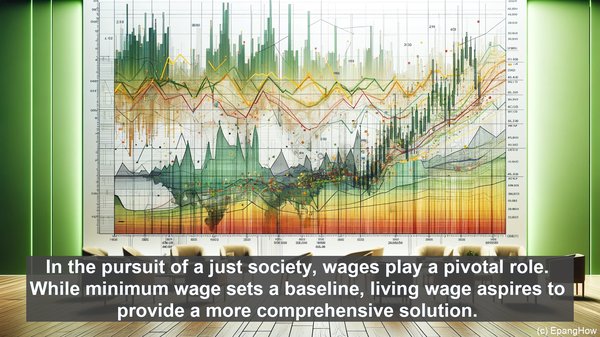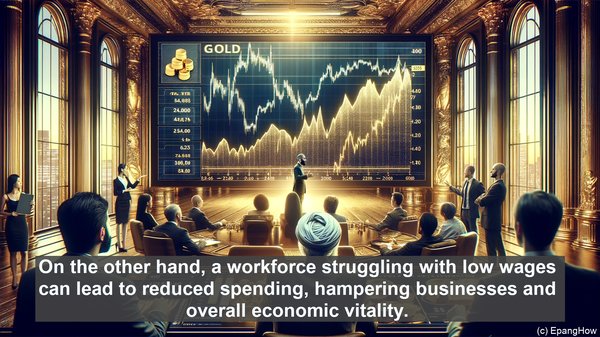Introduction: The Essence of Wages
Greetings, audience! In the realm of employment, wages form the bedrock of financial sustenance. However, not all wages are created equal. Today, we’ll unravel the intricacies of two crucial terms: minimum wage and living wage. While they may seem synonymous, they possess distinct connotations and implications. Let’s dive in!

Minimum Wage: The Legal Foundation
Minimum wage, as the name suggests, denotes the lowest hourly rate an employer can pay their employees. It serves as a protective measure, ensuring workers receive a baseline compensation. Governments often set this figure, taking into account factors like inflation, cost of living, and the economy’s health. The aim is to prevent exploitative practices and guarantee a fair starting point for all workers.
Living Wage: Beyond the Minimum
Living wage, on the other hand, extends beyond the bare minimum. It factors in the actual cost of living in a specific region. This includes expenses like housing, healthcare, transportation, and even leisure. The goal of a living wage is to provide workers with not just the essentials, but also the ability to participate in society, save for the future, and enjoy a decent standard of living.
Disparities and Challenges
While minimum wage legislation is more common, the concept of a living wage is relatively newer. This leads to significant disparities. A minimum wage may be sufficient in some areas, but in high-cost regions, it often falls short. This can result in a range of issues, from financial stress and inadequate healthcare access to limited educational opportunities for workers’ dependents. The challenge lies in bridging this gap, ensuring wages align with the true cost of living.
Economic Implications
The impact of wages extends beyond individual households. It has a ripple effect on the economy as a whole. When workers earn a living wage, they have more purchasing power. This, in turn, boosts consumer spending, driving demand and stimulating economic growth. On the other hand, a workforce struggling with low wages can lead to reduced spending, hampering businesses and overall economic vitality.

The Role of Advocacy
Recognizing the significance of fair wages, advocacy groups and labor movements have been instrumental in pushing for reforms. They highlight the need for regular wage reviews, considering inflation and changing economic dynamics. By amplifying the voices of workers, they strive to create a more equitable landscape, where no one is left behind.
